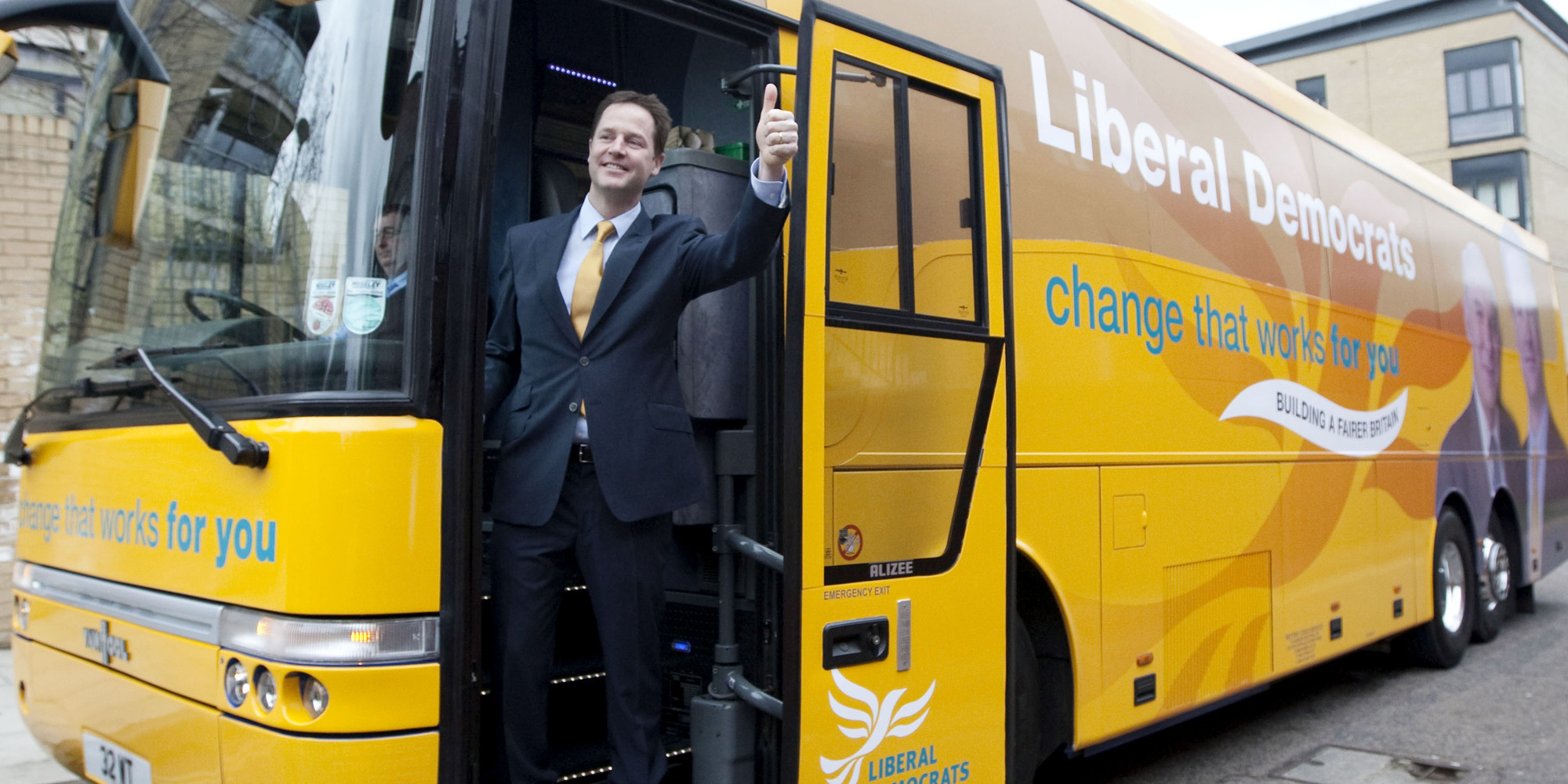A hefty bit of blood-letting and internecine warfare within
the Labour Party was inevitable after their dreadful election result. It would
happen in any party. Runners and riders from various party factions, from the
Blairites to the Union loyalists, will pop up and talk about the mistakes of the
past, how their vision represents the path to tread. Inevitably, it seems, they'll waffle on about ‘aspiration’.
Contrary to some claims, Labour actually had a very good election
campaign until the final couple of weeks; it was energetic, released new
policies in a timely fashion and appeared to want power more than a lacklustre
and gloomy Conservative Party. The last couple of weeks, though, were a mess. Ed
Miliband should never have gone to kowtow to the dishonourable member for
wasted youth, Russell Brand, and the #edstone, while probably a much needed
commission for a stone mason, was utterly ridiculous. It was simply impossible
to satirise, such was its absurdity.
Ultimately Labour lost, not because of ideas, but because
they picked the wrong leader. Ed Miliband is an eminently decent man – something
David Cameron shamefully couldn’t bring himself to admit – but he was simply
never leadership material. He was and remains a policy wonk, someone fascinated
by political ideas and theories, but not someone to sell a vision or map out a
clear direction. Combined with a failure to challenge sufficiently the notion
of ‘Labour’s Great Recession’, when it was anything but, and the SNP surge in
Scotland, Labour has been left in the political wilderness for another five
years.
So yes, Labour will endure bitter, inward-facing days in the
months and possibly years to come, especially as they try and make some sort of
recovery in Scotland; but judging from some of the reports recently one could
be mistaken for thinking the next five years are going to be all sweetness and
light for the Tories.
There is much euphoria following their first election
victory since 1992. Today (May 27) sees the first Tory-only Queen’s speech since John
Major’s days and finally those backbenchers will be able to revel in Tory
policies: the Human Rights Act is for the chop; the benefits bill will have to
be slashed (but just leave the pensioners alone); an in/out referendum on the EU
will be set in motion.
When John Major won the 1992 General Election – like Cameron,
largely based on his own popularity and campaigning – the Conservatives had a
majority of 21 seats. Cameron has a majority of 12. John Major had his ‘bastards’
including three of them in his own cabinet; Cameron endured the most rebellious
backbenchers in history in the last parliament. Yes, they no longer have to
suffer the ignominy of having to share power with the Liberal Democrats but
anyone who thinks they’ll now be a joy to work with will soon find they will be
sorely mistaken.
Already, several prominent ex-ministers – Damien Green,
Dominic Grieve, Andrew Mitchell – have indicated they will oppose efforts to
replace the Human Rights Act with a new Bill of British rights. And these are
far from the usual suspects. The government will struggle to get their plans
through the House of Commons and will face an almighty battle in the Lords.
And then there is Europe.
I know some Tories who think the argument in the party is
settled. After the bitterest internal political row which has lasted the best
part of 30 years, the Tories now have a settled view. This seems remarkably
optimistic. Assuming, and it is a big assumption, that David Cameron gets the
concessions he wants from our European partners, he will campaign to stay
within the union. It is hard to imagine he will be joined in the trenches by
the likes of John Redwood, Daniel Hannan or Owen Paterson. They, and much of
the parliamentary Conservative Party, will be on the 'out' side of the argument
and there is little the Prime Minister can do to convince them otherwise.
Managing a small majority, therefore, is likely to be a
tough, pretty wretched experience for Cameron, much as it was for the hapless
Major. And, as governing parties frequently lose by-elections between general
elections, his majority is likely to be whittled down further, perhaps even
into a minority government as Major’s was.
There is one thing that Cameron and his opponents can look
forward to; he won’t be standing at the next election. Contrary to his claims,
the Prime Minister simply cannot serve every day of a second term, waltzing off
to a wine bar singing when the 2020 General Election comes around. He must
either change his mind and decide to stick around anyway, or he has to leave
giving sufficient time for his successor to bed-in before the next vote. His
potential successors will spend much of their time in this government jostling
for the best position and once they get there may find they are seen as used
and tired goods by the electorate. Labour and the Lib Dems will, by contrast,
have a new leader and one not tainted by years in government or links to Tony Blair
or Gordon Brown.
Labour supporters have little choice but to grin and bear it for now; and if that fails they can at least console themselves that they're not the Lib Dems.



